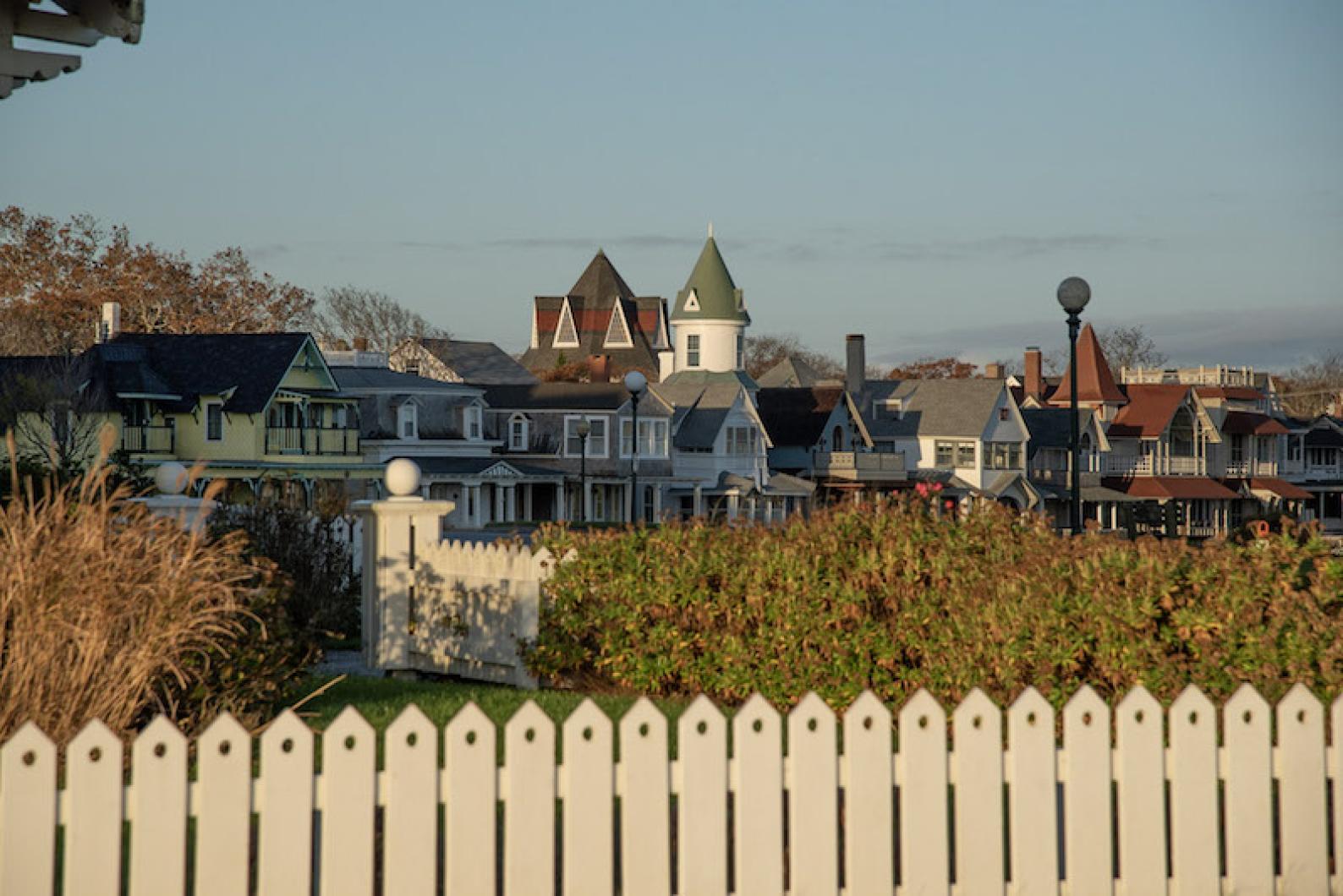Martha’s Vineyard has done a lot of things right to keep the coronavirus at bay, but the alarming increase in Covid cases in recent weeks proves there is more to be done, and one of these is strict enforcement of mask and quarantine mandates.
Since August 1, anyone coming into Massachusetts from a high-risk state has been required to fill out a travel form and quarantine for 14 days. An order effective last Friday from Gov. Charlie Baker requires everyone in the state to wear a face covering in public, even if they are able to stay six feet away from others. People who fail to abide by the travel order can be fined $500 a day; the mask mandate carries a $300 fine per violation.
Enforcement is part of the fourth layer in what Tomas Pueyo, a French writer hailed for his thoughtful commentary on how best to address the pandemic, describes as the “Swiss Cheese Strategy.” The idea is that any one tactic has holes in it, but four tactics taken together will improve the others’ effectiveness.
Mr. Pueyo’s four layers include creating fences, or methods of keeping infected individuals out; bubbles, or restrictions that keep people in small groups; “contrafection,” or mandates like masks that reduce the spread of contagion; and test-trace-isolate, a series of steps to find and sequester people who pose a health risk.
Based on extensive research on countries worldwide, both democratic and authoritarian, that have dealt most effectively with the virus, Mr. Pueyo’s strategy pointedly does not recommend lockdowns, which he calls costly and largely unnecessary. Instead, he focuses on ways any community – not just countries — can limit the spread of the coronavirus cheaply and efficiently.
As an island, the Vineyard would seem to have an advantage in keeping infection out, but the Steamship Authority has no ability to deny passage and there has been no concerted effort to screen or spot-check passengers for the virus on arrival. Testing by Martha’s Vineyard Hospital and TestMV has been instrumental in identifying incipient clusters, but delays in tests results cost valuable time. And while the Island’s boards of health have done yeoman’s work to contact-trace individuals who may have been exposed to Covid, they lack resources to fully ensure compliance with quarantine orders.
Mr. Pueyo has many practical suggestions that could help reduce the holes in the Island’s well intentioned Swiss cheese of efforts, but the most obvious seems to be enforcement.
In addition to his mask and travel quarantine orders, Governor Baker has issued orders limiting large events and even restricting gatherings in private residences to 10 people indoors, and has set a 10 p.m. curfew for most activities. Responsibility for enforcing all these provisions are shared by state and local authorities.
Some people follow rules without the threat of sanctions, but penalties have a way of getting everyone’s attention. It is not enough to give the barely staffed boards of health the additional responsibility of imposing fines on people who flout state orders. The Island select boards should quickly determine whether town police can legally take on this role and come up with a plan to make risking other people’s health not just thoughtless, but expensive.




Comments (2)
Comments
Comment policy »